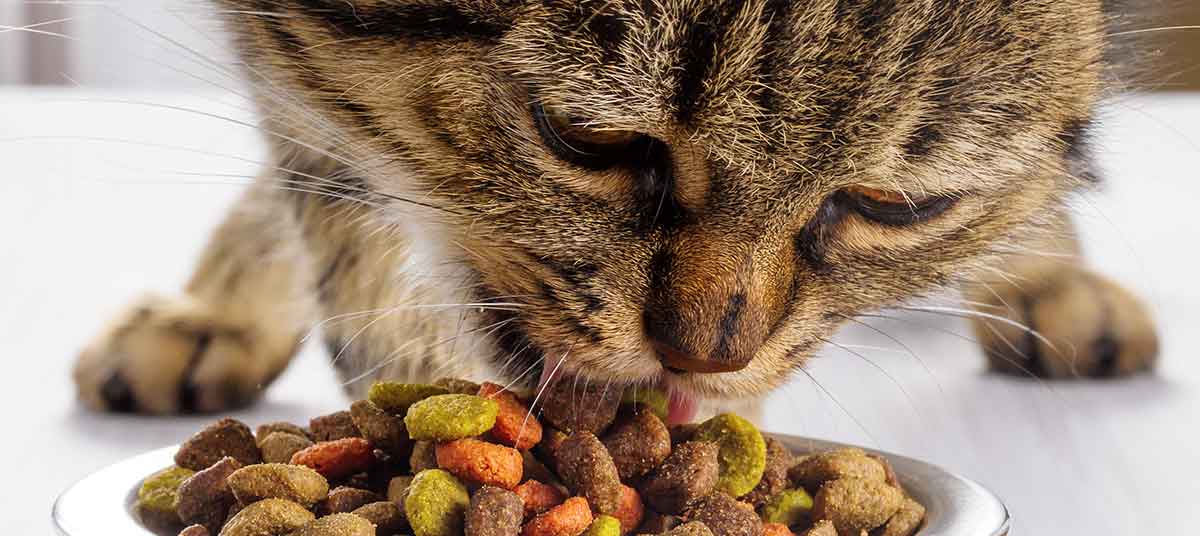By Kim Campbell Thornton
Read part one of this series here.
We all know that cats are tough to decode. They hold their secrets tightly, refusing to share how they feel. Old cats are especially wily when it comes to concealing illness or pain. Being able to see through their camouflage is key to keeping them healthy and serene in their golden years.
In her lecture “It’s Not Just Old Age: Optimizing Health Care for Senior Cats,” presented earlier this year at the Western Veterinary Conference in Las Vegas, Susan Little, DVM, board-certified in feline practice, shared some of her secrets for questioning owners and examining cats to get at the truth within.
Get All The Info
Dig deep. Owners might not mention certain things because they assume changes they see are normal in an old cat instead of realizing that they could be related to disease or pain.
One study found that 55 percent of owners don’t know that cats can have kidney disease without appearing sick, and 38 percent don’t know that senior cats can develop osteoarthritis. Subtle signs of sickness that owners might attribute to old age or fail to connect to illness include not using the litter box, being less social or less active, eating or drinking poorly, weight loss, a change in sleeping habits, and bad breath.
We often hear that it’s important to ask open-ended questions to gather details, but Dr. Little recommends a combination of open- and closed-ended questions because so many variables influence the answers, including the cat’s age and the owner’s level of experience with cats. She likes to start with open-ended questions and then narrow her focus with closed-ended questions.
Phrase questions to elicit specifics
“I’m still learning to take a good medical history,” Dr. Little says. “It’s an art; it’s a real skill.”
For instance, instead of asking, “Have you noticed any changes in your cat’s litter box use,” say “Tell me about your cat’s litter box use.”
That’s a good way to get detailed comments about urine output, stool quality, and litter box behavior that owners might not think to mention. If the owner says, “He forgets where the litter box is,” maybe he didn’t forget, Dr. Little says. Maybe the litter box is downstairs in a dark basement and it hurts to go down the stairs or it’s too dark in the basement, and he can’t see very well anymore. These types of questions can give you a bigger, better picture of what’s going on with a senior cat.
Visual Aids And Other Feedback
It’s a cliché that a picture is worth a thousand words, but the fact remains that pictures help. Show owners a fecal score chart with actual pictures of poop, not just line drawings, and ask them to point to the one their cat’s poop resembles.
“Not all owners know what is normal, especially if the cat’s stool is like that all the time,” Dr. Little says.
Know how much the cat eats. Many owners don’t measure food; they just keep the bowl topped up. For free-feeding owners, ask them to weigh the bowl of food morning and evening for a few days or even a week. The difference tells you how much the cat actually eats.
Before owners come in, ask them to complete a questionnaire on their cat’s pain levels. This should be done at home so the answers can be thoughtful and not rushed. One to consider is the Feline Musculoskeletal Pain Index, available from North Carolina State University.
It’s also a good idea to ask owners to fill out a diet history form at home or ask them to use a smartphone to photograph the bags or cans for everything they give their cat.
“People always forget what they feed the minute they walk in the vet’s door,” Dr. Little says.
Other useful assessment tools to give owners, in advance if possible, are the free downloadable brochure How Do I Know If My Cat Is In Pain?, free nutritional and other health guidelines from World Small Animal Veterinary Association, and checklists from the Indoor Pet Initiative, including a health history questionnaire and environmental needs for senior pets.
In the next post, how Dr. Little conducts successful exams with senior cats.
This article was reviewed/edited by board-certified veterinary behaviorist Dr. Kenneth Martin and/or veterinary technician specialist in behavior Debbie Martin, LVT.




